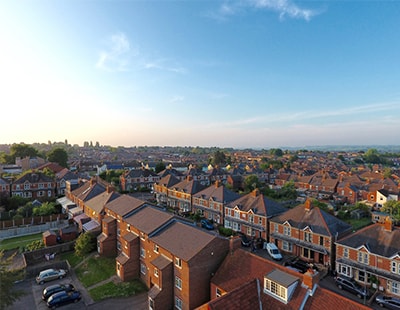
House prices fell unexpectedly in February with the Nationwide Building Society reporting a drop of 0.3 per cent.
This ended some analysts’ expectations of a price rise following January’s 0.8 per cent increase.
Last month’s dip takes the annual rate of house price growth down to 2.2 per cent from 3.2 per cent a month ago.
Robert Gardner, Nationwide’s chief economist, blames falling consumer confidence and the squeeze on household budgets: “Month to month changes can be volatile, but the slowdown is consistent with signs of softening in the household sector in recent months. Retail sales were relatively soft over the Christmas period and at the start of the new year, as were key measures of consumer confidence, as the squeeze on household incomes continued to take its toll” he says.
Gardner points out that mortgage approvals fell to their weakest level for three years in December - a sign that activity in the sector has fallen.
Nationwide expects house prices to rise only one per cent in 2018 thanks to subdued economic activity and ongoing Brexit uncertainty.
“How the housing market performs in the year ahead will be determined in large part by developments in the wider economy and the path of interest rates. Brexit developments will remain a key factor, though these remain hard to foresee” admits Gardner.
Jeremy Leaf, north London estate agent and a former RICS residential chairman, says: “As one of the most closely-watched indicators of property market strength due to its longevity and accuracy, Nationwide’s figures may cause concern. At this time of the year we would have expected an increase, not a fall, in house price growth.
“However, it shows the limitations of a national snapshot of the market. While Nationwide reports a lack of supply, on the ground, we are finding more balance between supply and demand in our part of London as buyers, spoilt for more choice, hesitate before making commitments and identifying whether they are dealing with serious sellers.”
Nick Leeming, chairman of Jackson-Stops, says: “Deals are still being done and the market in general saw good transaction volumes in January. Both of these factors indicate that vendors are now willing to be more realistic with their pricing which is exactly what is needed to reactivate the market. Having said that, higher value properties remain challenging, with stamp duty continuing to dampen transaction figures.”














.png)


.png)




Join the conversation
Be the first to comment (please use the comment box below)
Please login to comment